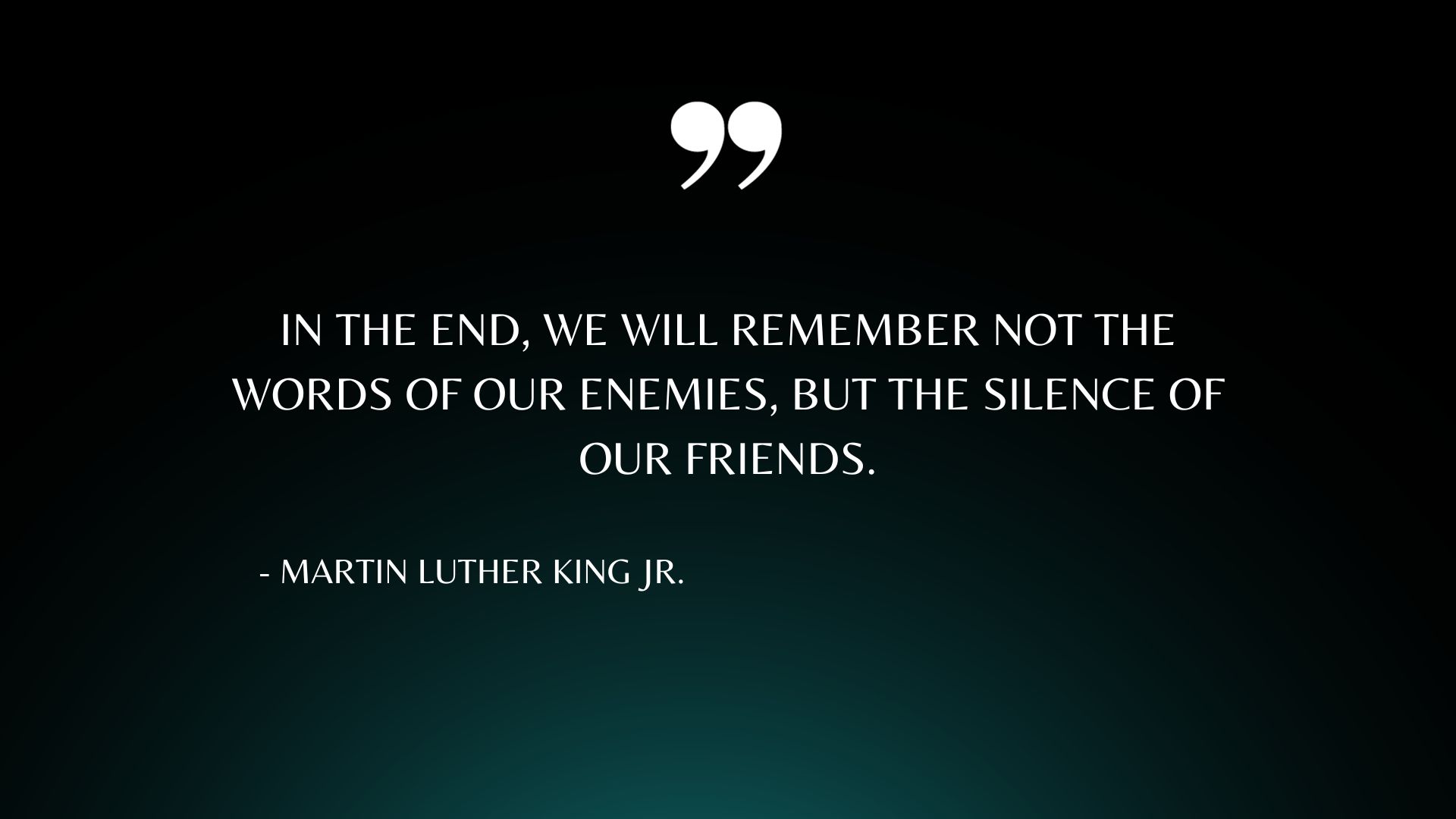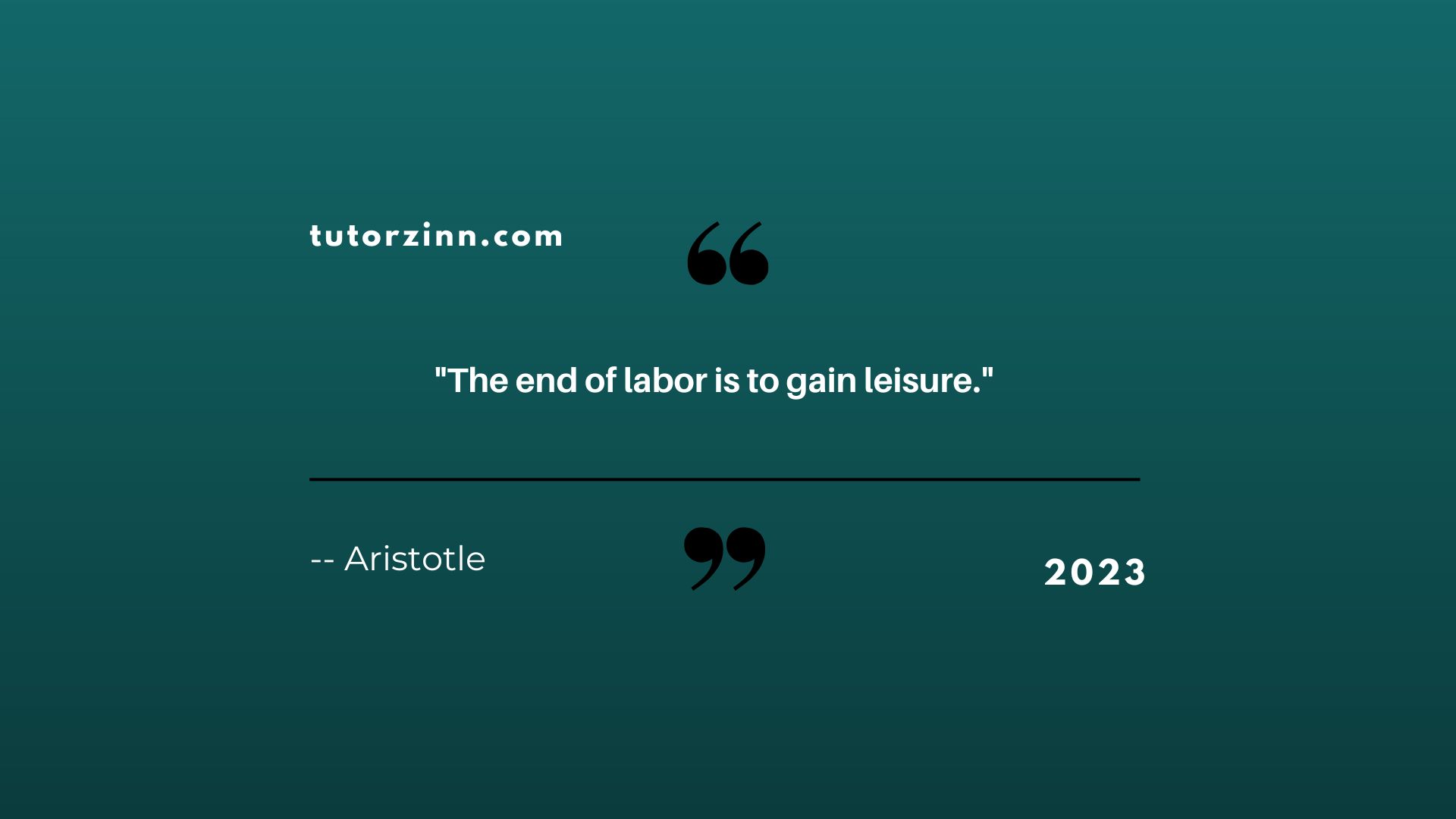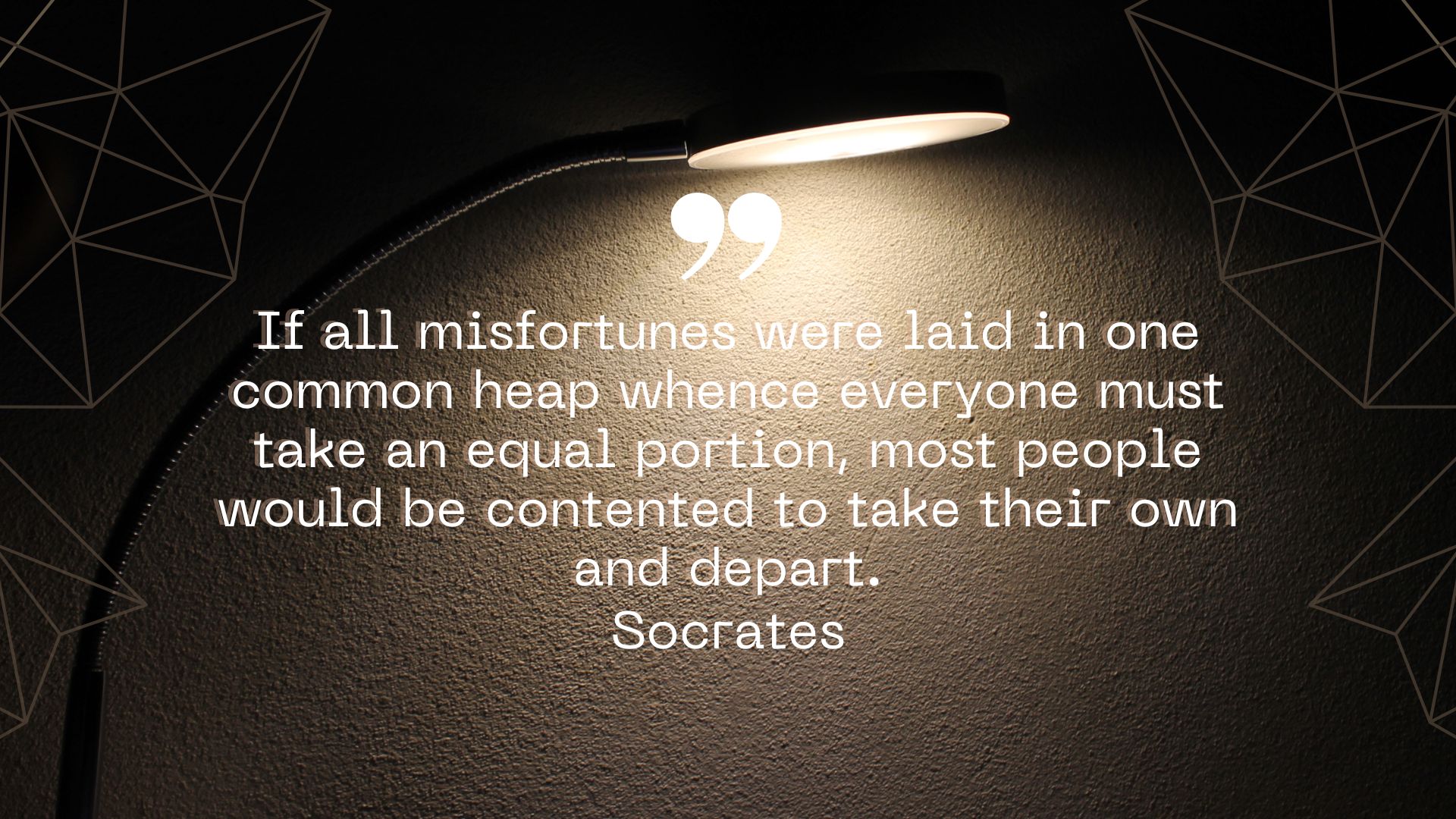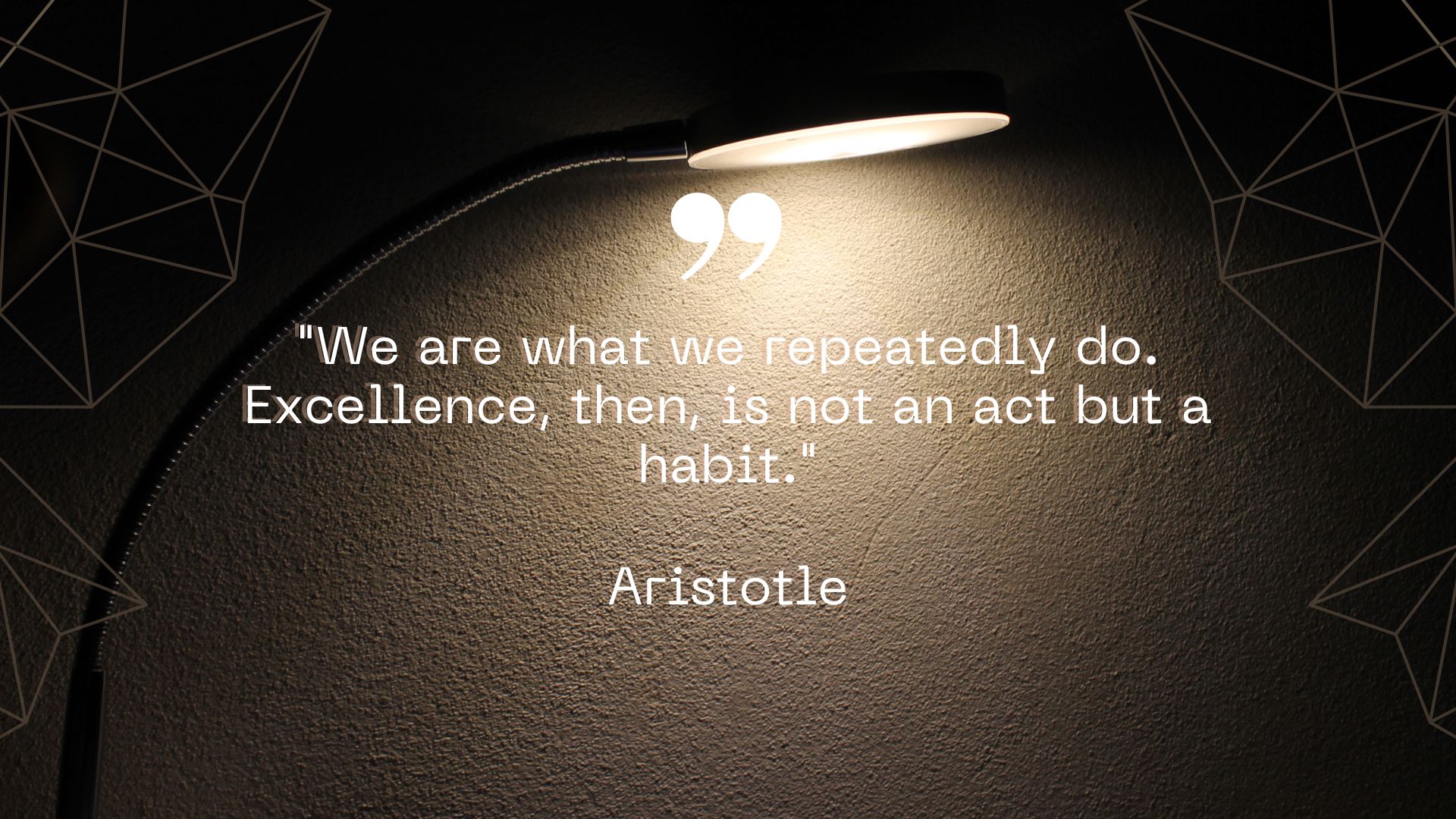“In the end, we will remember not the words of our enemies, but the silence of our friends.”
– Martin Luther King Jr.
Introduction:
Martin Luther King Jr., one of the most influential civil rights leaders in history, once said, “In the end, we will remember not the words of our enemies, but the silence of our friends.” This quote encapsulates the significance of friendship in times of adversity and highlights the importance of speaking up against injustice. In this explanation, we will explore the meaning behind King’s words, provide real-life examples, and discuss the lasting impact of this quote.
Explanation:
- Significance of Words:
The first part of the quote, “In the end, we will remember not the words of our enemies,” suggests that the words spoken by those who oppose us are not what leave a lasting impression. While our enemies may say hurtful and even influential things, their impact ultimately fades away. This reminds us that the negative and divisive words coming from those who oppose us do not define our identity or our cause. - The Silence of Friends:
The second part of the quote, “but the silence of our friends,” is a powerful call to action. It implies that the silence of friends, who could support and stand up for us, is more hurtful and damaging. When friends stay silent in the face of injustice or wrongdoing, their inaction can perpetuate the harm being done. History has shown us that the silence of friends can be as detrimental to progress as the words of enemies. - Importance of Speaking Up:
King’s quote serves as a powerful reminder of the need for friends to be active allies. Our friends, the people we trust and rely upon, have the power to amplify our voices and support us in times of adversity. By speaking up against injustice, they can make a significant difference in creating positive change. This quote encourages individuals to be courageous, to use their voices, and to stand up against oppression.
Real-life Example:
During the Civil Rights Movement in the United States, Dr. Martin Luther King Jr. fought tirelessly for racial equality and justice. He encountered opposition and faced harsh words from those who disagreed with his cause. However, what left an indelible mark on history was not the words of those who opposed him, but rather the actions and support of his friends and allies.
Civil rights activists, both black and white, rallied together to march, protest, and advocate for change. These friends refused to stay silent and passively witness the injustices suffered by African Americans. They spoke out against racial discrimination, participated in protests, and squarely faced violent backlash.
Their collective action against racial injustice played a pivotal role in fostering societal change by raising awareness, mobilizing communities, and pressuring lawmakers to act. The lasting impact of their united front, their refusal to remain silent, was revolutionary in dismantling institutional discrimination.
Tags: Martin Luther King Jr., friendship, words, silence, enemies, friends, activism, social justice, equality, Civil Rights Movement
Conclusion:
Martin Luther King Jr.’s quote, “In the end, we will remember not the words of our enemies, but the silence of our friends,” emphasizes the significance of friendship and the necessity for allies to speak up against injustice. Through real-life examples like the Civil Rights Movement, we can see the profound impact that friends taking a stand can have on creating meaningful and lasting change. This quote continues to inspire and remind us of the power we hold in supporting one another through active allyship.




